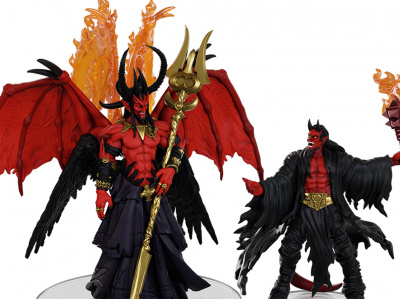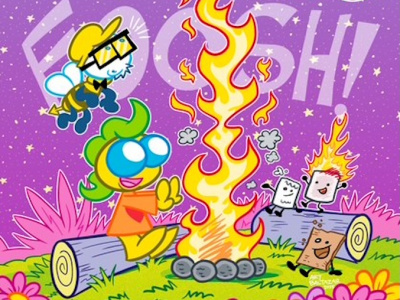At the Venice Film Festival Studio Ghibli President Koju Hoshino announced the retirement of Hayao Miyazaki, one of greatest figures in the history of animation. The Wind Rises (Kaze Tachina), which has been entered in the Venice Film Festival competition, will be the 72-year-old Miyazaki’s final film.
Miyazaki had seriously discussed retirement after the release of Princess Mononoke in 1997, but went on to make the Oscar-winning Spirited Away in 2001, Howl’s Moving Castle in 2004, and Ponyo in 2008. Miyazaki is recognized as a champion of hand drawn animation. His work features meticulously designed and detailed backgrounds that lend his works a visual richness that reflects their complex themes of ecological destruction and the often stultifying nature of consumer culture.
Miyazaki’s father owned a company that made parts for airplanes like the Japanese Zero, and the young Miyazaki grew up with a love of airplanes and flight that he expressed in many of his films, most especially in Porco Rosso, a saga of air pirates operating in the Adriatic after World War I and in his final film The Wind Rises, which is an animated biography of Jiro Horikoshi, the designer of Japanese Zero.
Miyazaki graduated from Gakushuin University and joined the staff of Toei Animation in 1963. He directed his first feature length animated film The Castle of Cagliostro in 1979 and created his first masterpiece Nausicaa of the Valley of the Wind in 1984. After Miyazaki formed Studio Ghibli in 1985 he fashioned a string of anime masterpieces, Laputa: Castle in the Sky (1986), My Neighbor Totoro (1988), Kiki’s Delivery Service (1989), Porco Rosso (1992), and Princess Mononoke (1997). Do not think for a moment that the relatively long periods between some of his films represented any inactivity--a perfectionist, Miyazaki not only provided the key animation designs, he redrew 80,000 frames of Princess Mononoke himself.
Miyazaki’s final effort, The Wind Rises, stirred up some criticism when it was shown in South Korea. The Koreans, who suffered from Japanese occupation before and during World War II, were evidently surprised at the fact that The Wind Rises was made by an avowed pacifist. Like the Spitfire for Britons of a certain age or the P-51 Mustang for Americans, the Zero has developed a cult following among military buffs in Japan. The plane was an amazing bit of aeronautical engineering--so complex that American experts who had actually taken a captured Zero apart were amazed that the Japanese were able to manufacturer 10,000 of the fighters from 1939-1945 (of course that total was a mere drop in the bucket compared with the output of hundreds of thousands of aircraft by the allies). Miyazaki actually stated in an interview with Asahi Shimbun that “...in making The Wind Rises, I hope to have snatched Horikoshi back from those people” (right wing Japanese nationalists who fetishize the Zero). Miyazaki wants to humanize the struggles of the young designer of the Zero and rescue Horikoshi’s "dream of building a beautiful plane" from those who see the 1930s engineer’s creation as merely an icon of nationalism.
According to Deadline, Miyazaki will formally announce his retirement at a press conference in Tokyo next week.

'The Wind Rises' Is His Last Film
Posted by ICv2 on September 1, 2013 @ 7:12 pm CT
MORE COMICS
What Next?
April 25, 2025
Alliance Entertainment has terminated the agreement to purchase Diamond Comic Distributors, the company said in an SEC filing.
From Marvel Comics
April 25, 2025
Bring on the Bad Guys heats up as Mephisto recruits Green Goblin, Abomination, and Loki to join his soul-reaping scheme!
MORE NEWS
'Planet Perils' Showcases Fiends, Elementals, Celestials, and More
April 25, 2025
WizKids unveiled Planet Perils , a new Pathfinder Battles miniatures booster set.
Plus: Art Baltazar Shows Off New Comic
April 25, 2025
Art Baltazar showed off a new comic created to be distributed to children in hospitals by the organization.







